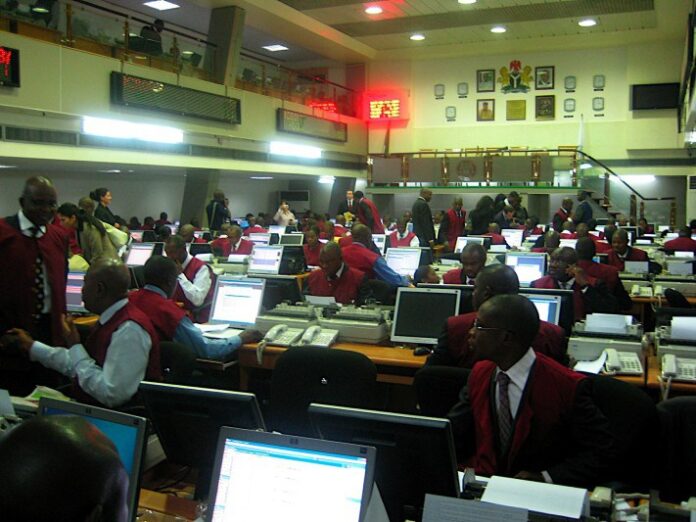Nestle Nigeria Plc has recorded a massive pre-tax loss of N255.38 billion in the first nine months of 2024.
This shocking result marks a dramatic increase from the company’s N56.65 billion pre-tax loss over the same period last year.
The losses have surged by 350% within a year, reflecting a steep rise in Nestle’s financial challenges.
According to Nestle’s unaudited financial statement for the nine months ending September 30, 2024, finance costs have spiraled, severely impacting the company’s performance.
The financial document, published on the Nigerian Exchange (NGX), highlights a 147% increase in the company’s net finance costs, skyrocketing from N148.24 billion in 2023 to N366.22 billion this year.
A major factor driving Nestle’s financial struggles has been the growing burden of finance costs and the translation of foreign currency debts into naira.
Nestle’s exchange loss from foreign currency-denominated balances reached an astonishing N285.29 billion.
In contrast, last year’s foreign exchange loss was N127.45 billion, meaning a jump of over 124% in just one year.
The effect of Nigeria’s foreign currency situation is weighing heavily on Nestle, as interest expenses on financial liabilities rose by a jaw-dropping 188%, from N29.07 billion in 2023 to N83.86 billion in 2024.
Nestle’s total revenue climbed to N665.28 billion, representing a 68% increase from 2023.
However, this revenue boost was undercut by rising costs, leaving Nestle with little profit to offset its expenses.
The company’s cost of sales jumped by 94% to N458.97 billion, driven by sharp increases in raw material, overhead, and labor costs.
The report shows that raw material costs alone more than doubled, rising from N116.83 billion to N251.12 billion.
Similarly, the company’s spending on direct labor costs increased to N36.22 billion, as economic conditions forced operational costs upward.
Nestle’s gross profit for the period was reported at N206.31 billion, representing a 29% increase from the previous year.
However, even this improvement could not shield the company from its overwhelming finance costs and currency losses.
Despite achieving a 21% rise in operating profit, reaching N110.84 billion, the company still ended up with an after-tax loss of N184.27 billion.
Nestle also experienced significant pressure in its marketing and distribution expenses, which reached N73.39 billion, a 25% increase compared to last year.
Similarly, administrative expenses surged by 132%, climbing to N22.54 billion in the same period.
The weight of these expenses, combined with financial liabilities, created an insurmountable challenge for Nestle.
In the third quarter alone, between July and September 2024, Nestle’s revenue soared from N134.82 billion in Q3 of 2023 to N258.31 billion this year.
Yet, rising costs kept the company firmly in the red, as cost of sales almost doubled, reaching N179.31 billion in the third quarter alone.
Net finance costs during this quarter shot up by over 160%, reaching N50.62 billion.
This financial hit ultimately turned Nestle’s Q3 performance from a profit of N6.91 billion in 2023 to a loss of N7.35 billion in the current year.
Nestle’s rising financial expenses have come as the Nigerian economy continues to wrestle with inflation, currency devaluation, and high borrowing costs.
The soaring exchange rate has left Nigerian companies with significant foreign debts, adding pressure to an already challenging economic environment.
“Finance costs have placed an immense burden on our financial structure,” Nestle’s management explained in a statement, citing foreign exchange losses as the primary driver of the increase in finance expenses.

